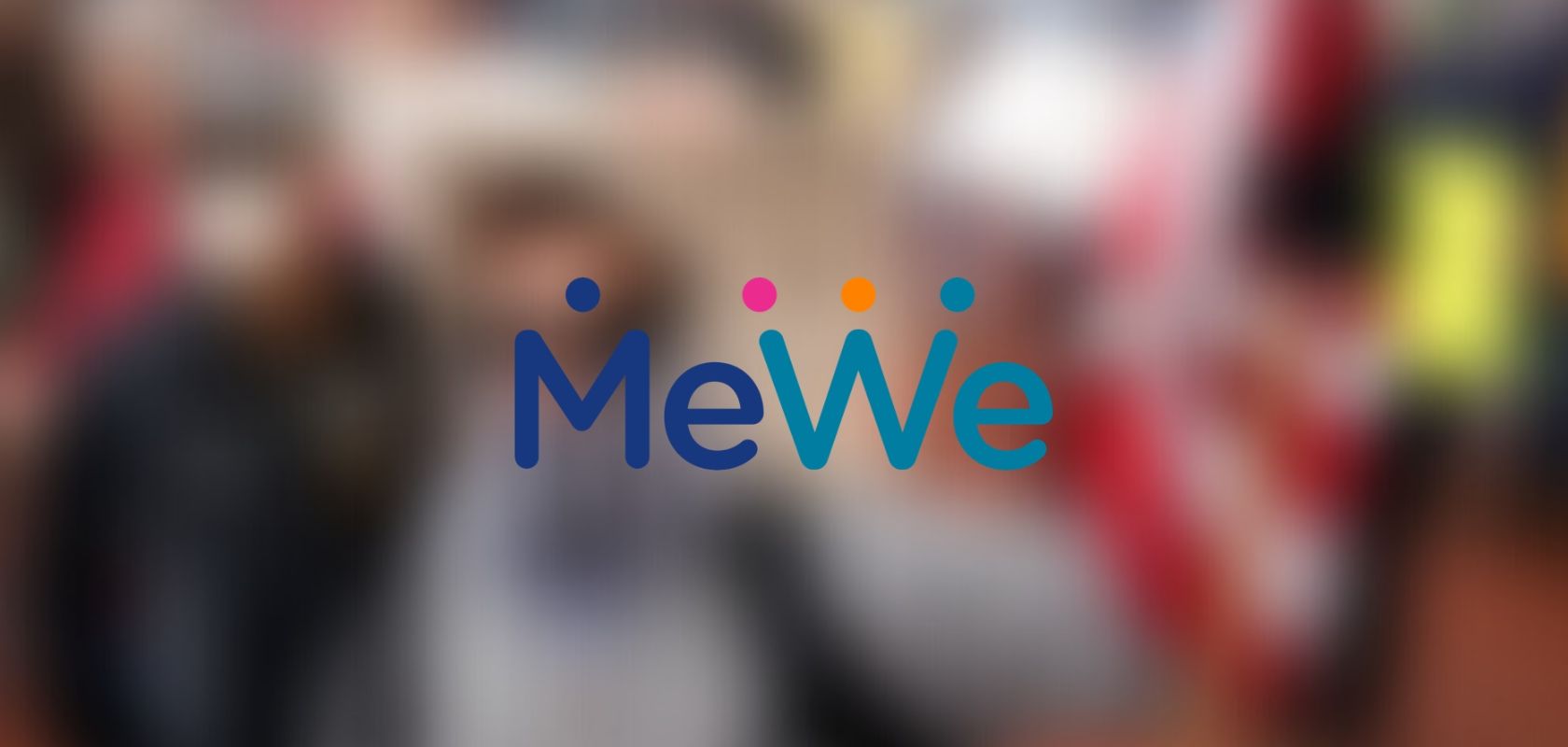It has been nearly two months since the order to stay quarantined at home has been issued in the US in a bid to tackle the coronavirus pandemic. But this is something people are for obvious reasons finding ever harder to do, and reports are saying that more and more are now violating the lockdown orders and can be seen in the streets, unable to cope with this prolonged “house arrest.”
Then there are those who are going a step further and are organizing and holding protests against the lockdowns – the organizing bit was being done mostly on Facebook, until the giant, after some initial reluctance, started to censor and ban such groups.
And now Business Insider thinks it’s news that these people are finding other platforms on which to organize themselves. The goal of the article is likely to thwart those efforts, and put pressure on the social networks in question.
The technique is a classic: campaign to get people banned from major social media platforms – then, when they move to other alternative platforms, smear the alternatives.
One of the new places where Americans who want to see an end to coronavirus measures now gather to organize themselves in MeWe. The report immediately tries to discredit this social network as a place loved by conspiracy theorists and white supremacists – even though the most interesting thing about it is its strong focus on user privacy, inspired by the lack of precisely that on Facebook.
MeWe’s business model is a combination of free and paid tiers, with no ads and no data mining or user tracking.
Business Insider took it upon itself to follow anti-quarantine groups who have left Facebook because of censorship around the internet, and has discovered more that 20 such groups on MeWe. Freedom of expression is happening inside these groups: citizens criticizing Facebook and the way the authorities are handling the coronavirus crisis.
But the article paints a picture of conspiratorial online assembly that seeks to recruit new members and spread the message about this new platform – in other words, just like how every other social network grows.
MeWe is implicitly accused of behaving unlawfully by allowing such members onto the platform, in this way ignoring government guidelines concerning coronavirus – unlike Facebook, who obeys them.
Yet, with the right to protest protected by the First Amendment and state legislators saying they would never ask Facebook to take down protest groups or content, even during the lockdowns, law enforcement haven’t been able to arrest people for protesting – so it’s unclear what Business Insider means by “several examples of posts and events that appeared to encourage people to break state or local laws.”
And, said Business Insider, “none of the content has been taken down yet,” seemingly regrettably.
If you're tired of censorship and dystopian threats against civil liberties, subscribe to Reclaim The Net.









